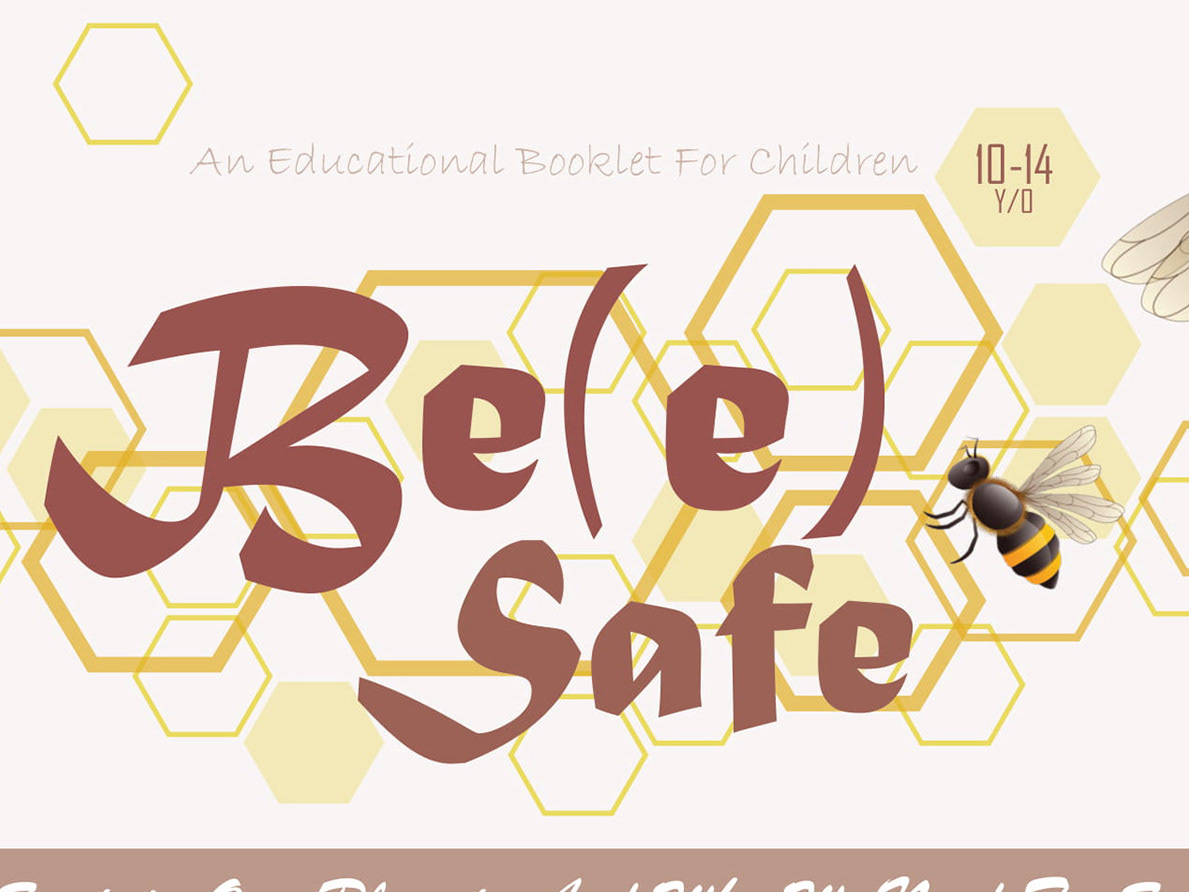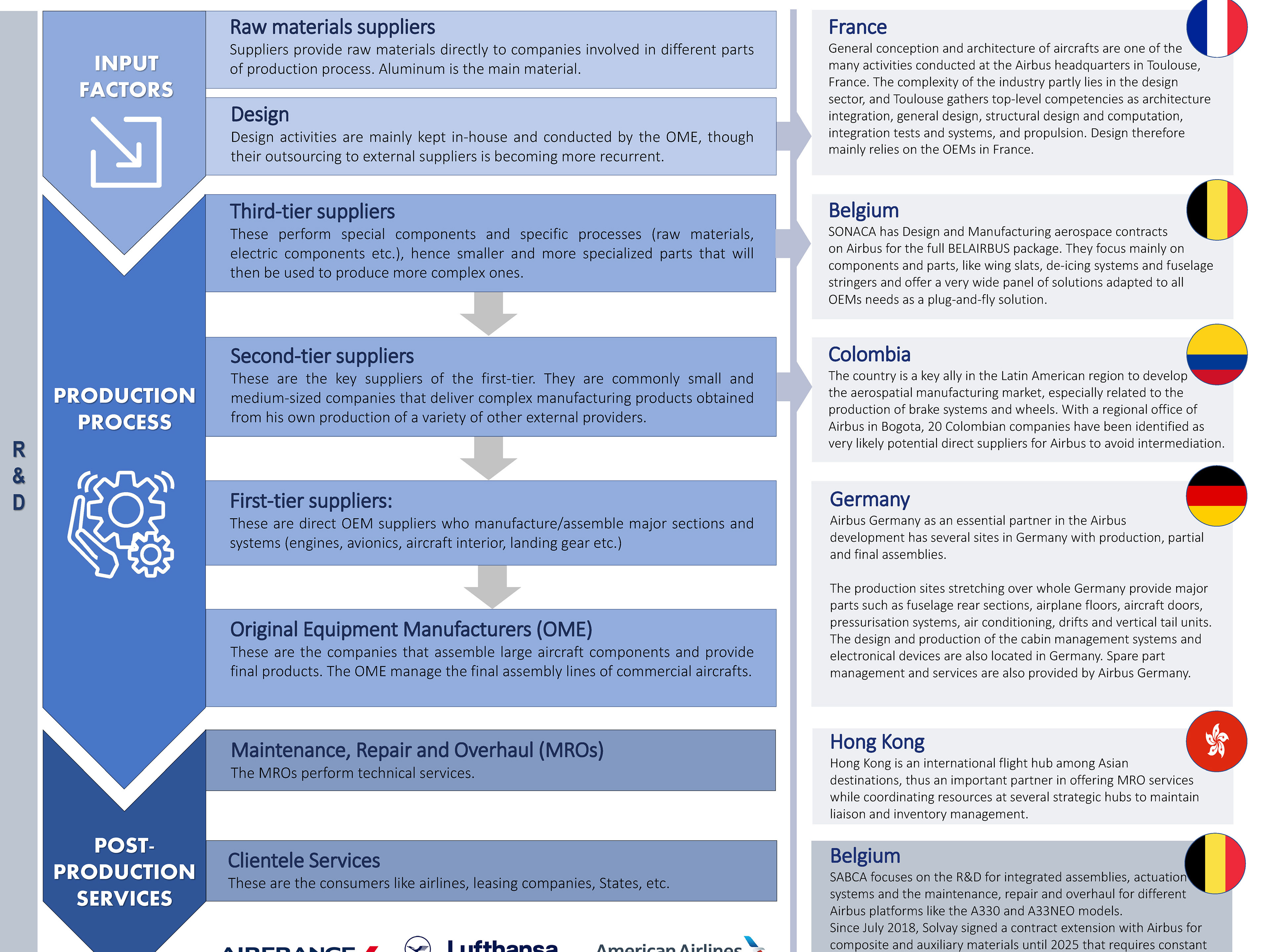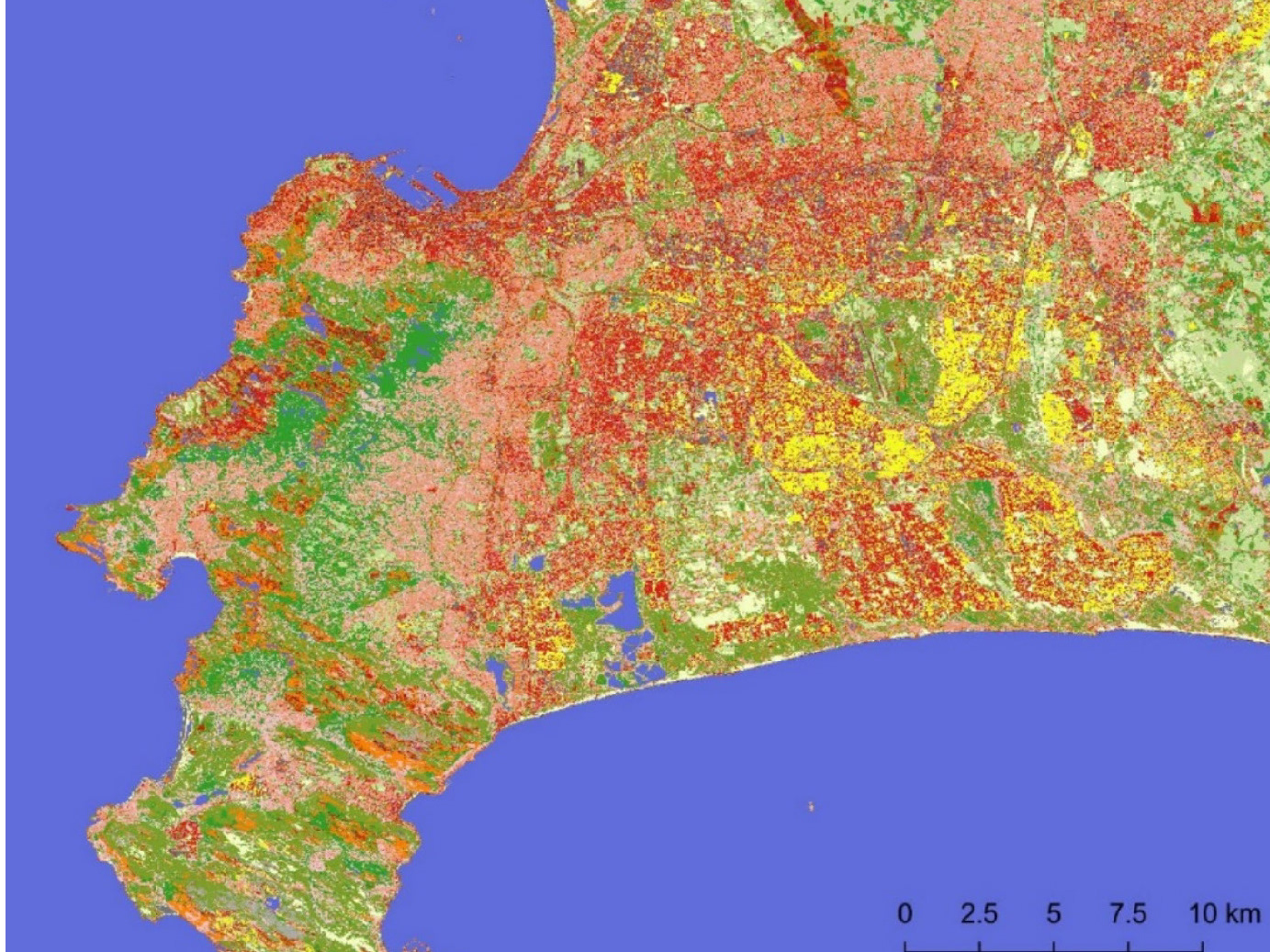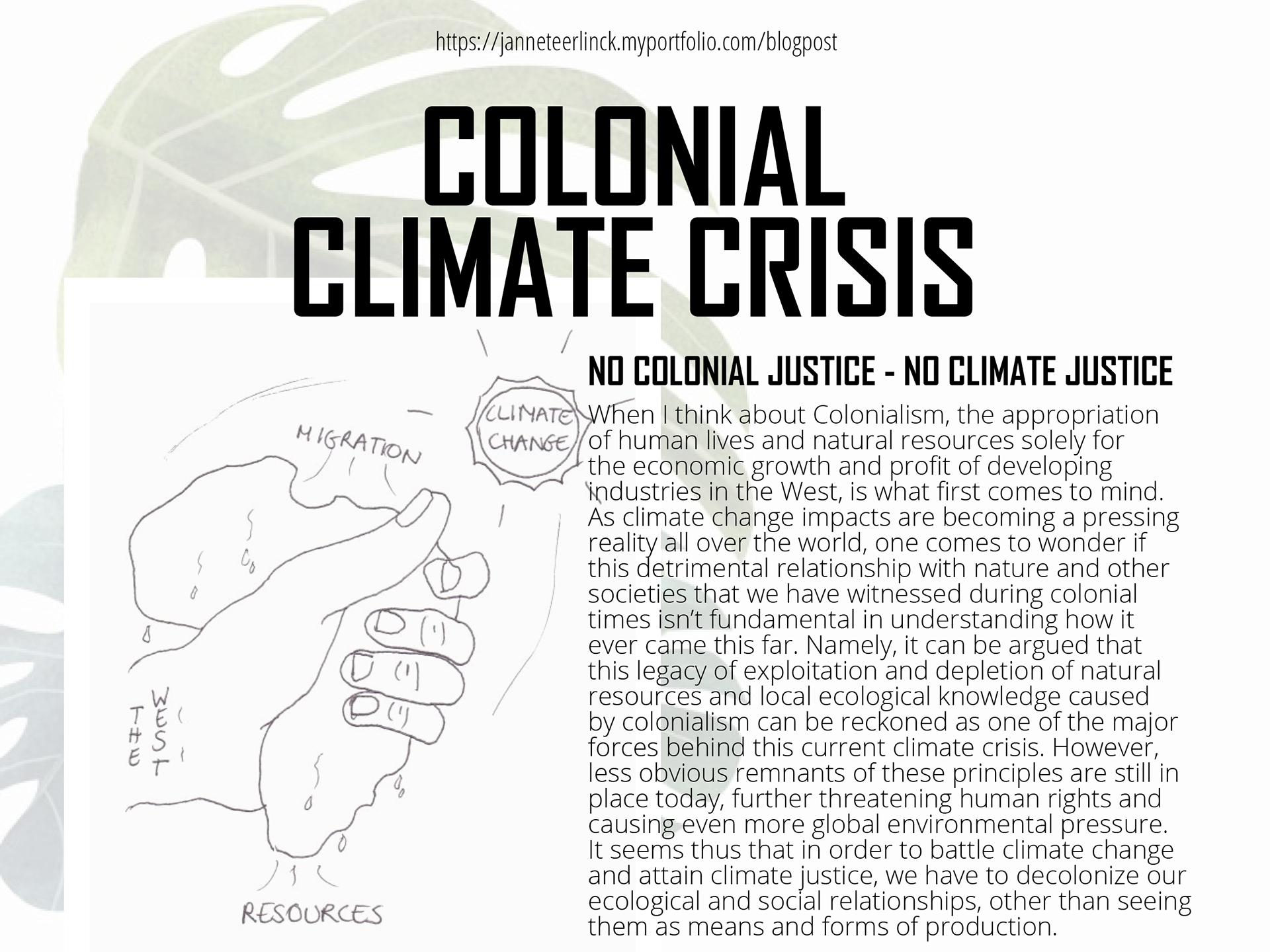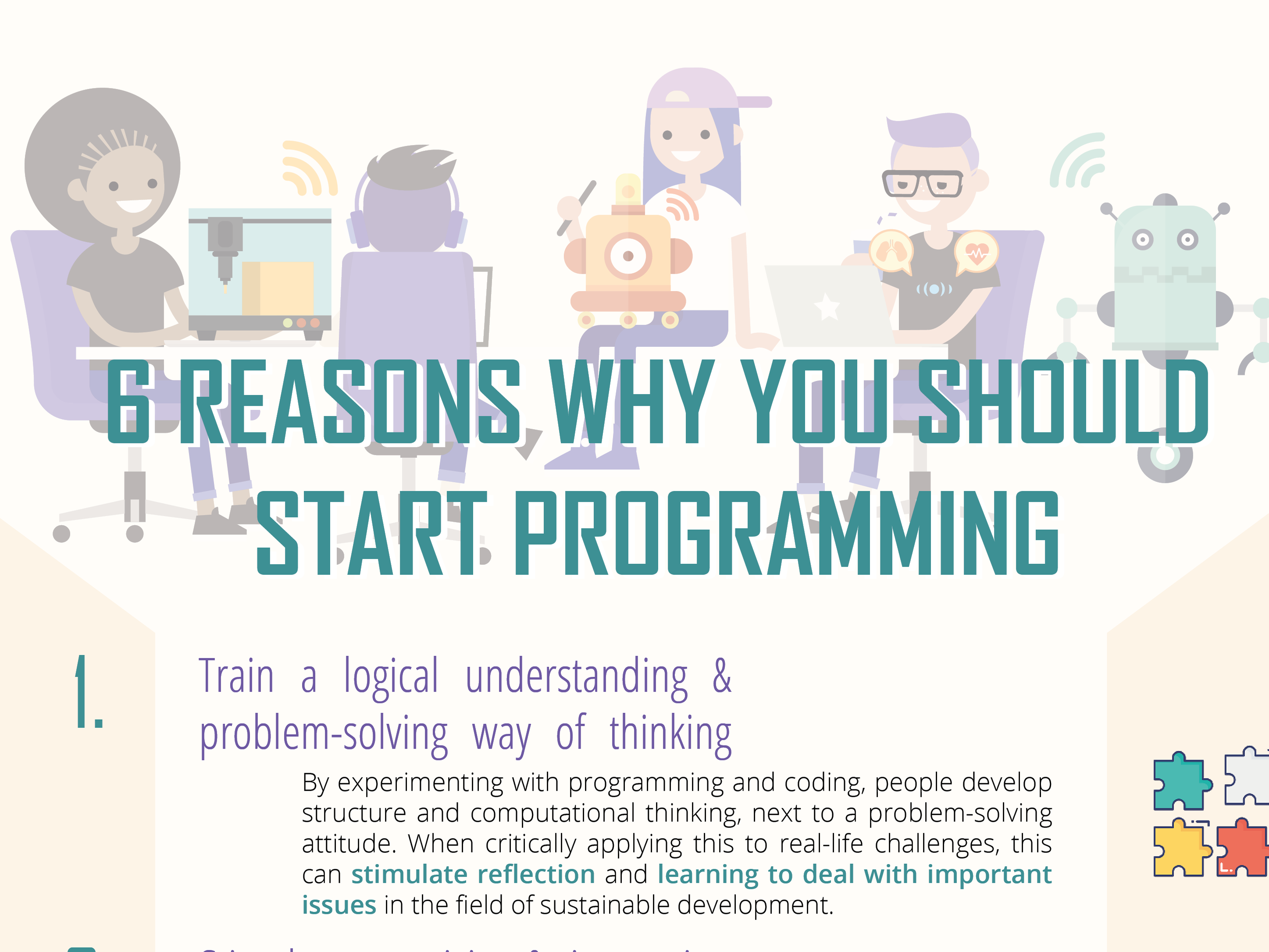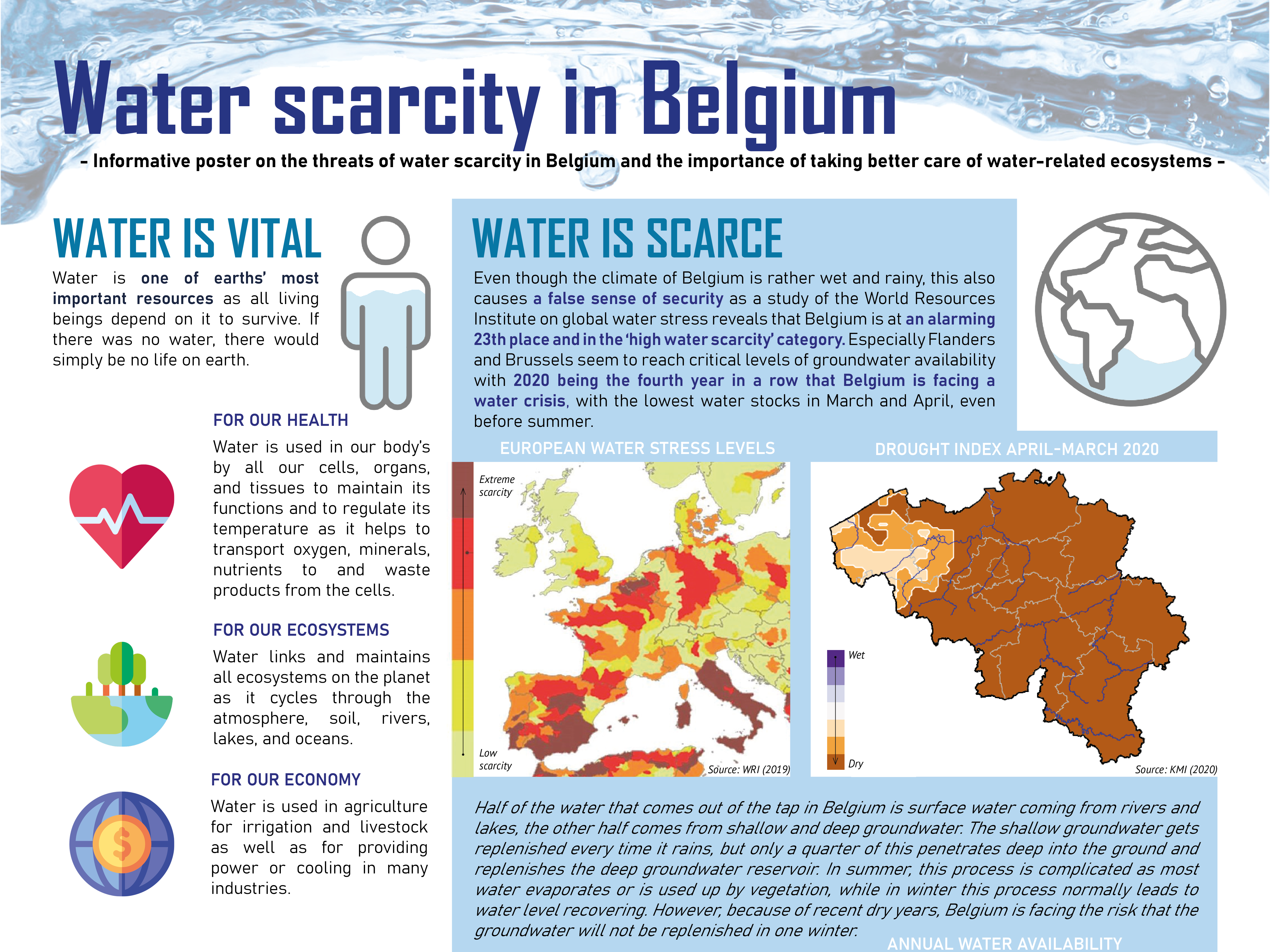Are coffee certifications delivering their sustainability promises?
An assessment of environmental & socio-economic aspects and their trade-offs
In recent decades, farming methods and techniques have improved due to industrialization, leading to higher farming intensity and monopolization. Subsequently, because more land is being exploited for different farming productions, this results not only in a decrease in commodity prices but also in land scarcity and poverty amongst small-scale farmers. In response to this, private sustainability standards (PSS) and certifications have come into existence as an attempt to improve the situation. These certifications try to promote environmental and socio-economic sustainability through providing assistance for food production and trade as well as focussing on the protection of nature and ecosystems.
Despite the fact that their importance is highly increasing, the impact of these coffee certifications often remains unclear. Therefore, this research assesses if these coffee certifications deliver their sustainability promises by evaluating both socio-economic and environmental indicators, through literature review. The chosen socio-economic indicators are yield, labour productivity, farmers net coffee income, farmers total household income and poverty, while the environmental indicators are the use of agrochemicals, tree density and diversity, biodiversity and carbon storage. A main, personal and some additional papers were used as a foundation for this research. Both the main paper as the personal paper investigate the true contributions of these PSS and critically review their impact through providing different case studies of coffee growing farms around the world. The main paper focusses on both the environmental and socio-economic aspects on coffee growing farms in Uganda, whereas the socio-economic aspects, in particular poverty, are the focal point of the personally chosen paper about coffee farms in Nicaragua.
Firstly, the main paper investigates coffee certifications as Fair Trade (FT), that focuses more on improving the farmers wellbeing and reducing poverty, and Rainforest Alliance (RFA), where nature conservation is the focal point. The results of this research are contradictory since the research has shown that FT is actually found to reduce labour productivity and net coffee income of the small-scale farmers and RFA creates unfavourable effects for nature and ecosystem preservation. The main paper thus concludes that private standards bring about impacts that don’t meet the expectations they claim to make towards customers but rather fail at achieving sustainability that is mutually beneficial on different levels (Vanderhaegen et al., 2018). Subsequently, the main paper also notes that when certification schemes are acting individually, outcomes show to be more positive than when multiple certification schemes are acting simultaneously.
Secondly, the personal paper evaluates the influence of Fair Trade organic (FT-Org) coffee production and trade specifically on the poverty-rate of farmers. Moreover, it researches the impact on low-intensity farmers as well as on higher intensity farmers. The paper concludes that FT-Org coffee certification increases farmer income in the case of low-intensity coffee production, but since organic production entails substituting fertilizers with manual labour, this increase is very modest and the small-scale farmers remain in poverty (Valkila, 2009). The personal paper hereby also clearly emphasises the influence of organic production. Subsequently, the research also shows the impact of the global market prices on social and organic premiums, as they tend to increase when mainstream market prices are low (Valkila, 2009).
Altogether, the literature review resulted in the determination that some certifications turned out to be successful in providing their sustainable promises in some aspects, but others were not. This success depends firstly on the impact of coffee certification on the on-farm socio-economic and environmental aspects, as mentioned earlier. On the other hand, the research has shown that off-farm factors and trade-offs also have a big impact on the sustainability of certifications. For instance, these off-farm factors can be the previously mentioned certification-settings and mainstream market prices. Another example is the practice of side activities since the farmers total household income can significantly increase through farming other crops and livestock rearing but also through for example wage work and self-employment (Valkila, 2009; Mitiku et al., 2017). Most trade-offs, on the other hand are caused by the shift to organic production or the use of fertilization influencing, various environmental and socio-economic aspects.
Overall, our research entailed the investigation of different certification schemes that were applied in various countries with diverse socio-economic contexts and distinct environmental characteristics. Therefore, there is a need to note that the finding of the papers are not neutral since they are specifically based on certain case studies. Outcomes are thus context-related and can vary between different agro-ecological, socio-economic and institutional circumstances, and through time (Vanderhaegen et al., 2018). However, time does not only affect the results historically. For examples, it also has an impact since receiving certification is a time-consuming process and because it takes years of sustainable increase in income and capacity building to improve living standards that translate into reduced poverty.
Finally, we can conclude that there really is no clear answer. Coffee certifications do have a big impact on the production and trade, but it is not necessarily the impact we hope or the impact they promote. Conscious consumers can therefore not trust solely upon the presence of the certification only but need to weigh up where the product is from, which certification it uses and what it promotes, and how long it has been in play.
ReferenceS
Vanderhaegen, K., Akoyi, K. T., Dekoninck, W., Jocqué, R., Muys, B., Verbist, B., & Maertens, M. (2018). Do private coffee standards ‘walk the talk’ in improving socio-economic and environmental sustainability? Global Environmental Change, 51, 1–9.
Vanderhaegen, K., Akoyi, K. T., Dekoninck, W., Jocqué, R., Muys, B., Verbist, B., & Maertens, M. (2018). Do private coffee standards ‘walk the talk’ in improving socio-economic and environmental sustainability? Global Environmental Change, 51, 1–9.
Valkila, J. (2009). Fair Trade organic coffee production in Nicaragua - Sustainable development or a poverty trap?. Ecological Economics, 68(12), 3018-3025.
Jena, P.R. & Grote, U. (2016). Fairtrade Certification and Livelihood Impacts on Small-scale Coffee Producers in a Tribal Community of India. Applied Economic Perspectives and Policy, 39(1), 87-110.
Mitiku, F., de Mey, Y., Nyssen, J., Maertens, M., 2017. Do private sustainability standards contribute to poverty alleviation? A comparison of different coffee certification schemes in Ethiopia. Sustainability 9 (2), 246–267.
Rueda, X., Thomas, N. E., & Lambin, E. F. (2015). Eco-certification and coffee cultivation enhance tree cover and forest connectivity in the Colombian coffee landscapes. Regional environmental change, 15(1), 25-33.
